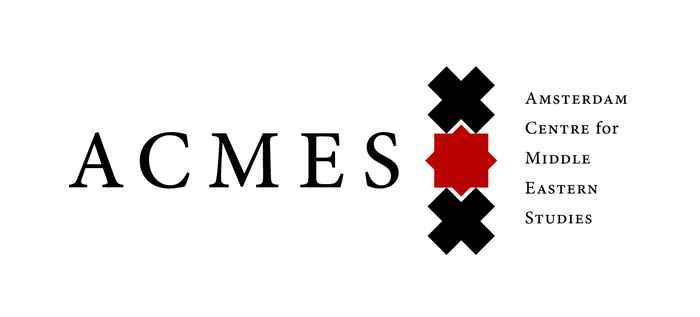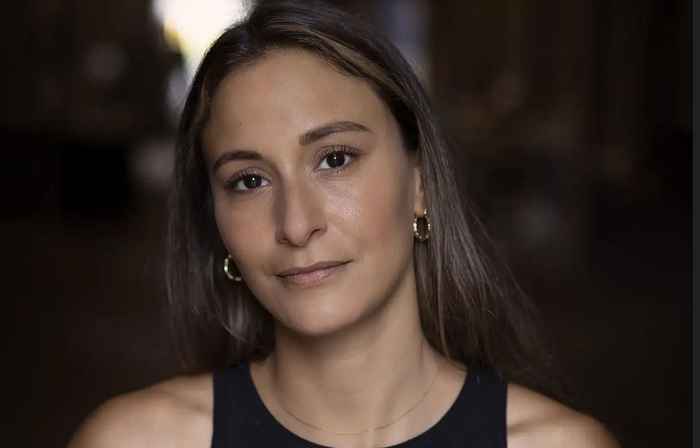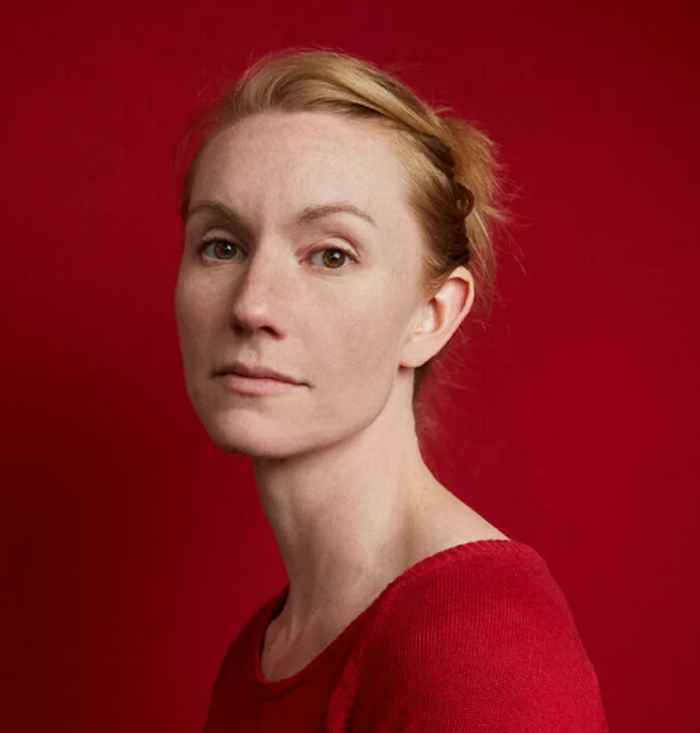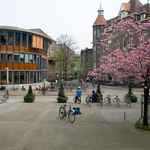Leyla and Mejnun Reloaded
- Date
- 6 May 2025
- Time
- 16:00 -18:00
- Location
- BG 3
- Room
- VOX-POP, ground floor
In Leyla and Mejnun, the path to individuality and autonomy can only be achieved through love: Mejnun stands up for his love and isolates himself, becoming an individual. Such that he no longer needs Leyla. In Yurdakul's adaptation, the roles are reversed, allowing Leyla finally to tell her story after 600 years.
Following a small staging, Dr Kristine Johanson will reflect on the relationship between Romeo and Juliet and Leyla and Mejnun, and lead a Q&A with the audience. This will be followed by drinks and the opportunity to socialise with members of the ACSEM community.
Registration is free through the sign-up form below.
Layla and Majnun is a tragic love story following Qays, a young poet who falls deeply in love with Layla. When her parents forbid their union, Qays becomes "Majnun" (meaning "madman") and wanders the desert, consumed by his longing. Their love, thwarted by societal and familial constraints, ultimately ends in spiritual union through death. It's a timeless tale of passionate, unfulfilled love and mystical devotion. The tale explores themes of longing, spiritual transcendence, and the limits of societal norms—its influence echoes through centuries of literature, including the European tradition.
Actress, theater producer and writer Dilan Yurdakul has been appointed honorary fellow at the Faculty of Humanities of the University of Amsterdam since September 1, 2024. The theme of her fellowship is "The Expression of Migration within Literature and Film". Among other things, Yurdakul will work with students to explore how the narrative of migration is expressed in literature and film.
As Associate Professor in English Literature, Kristine Johanson is a researcher, teacher, and writer. Since 2022 she has also served as the Faculty of Humanities' Diversity Officer. Besides her academic work—focused on time, emotion, and adaptation in early modern literature— dr. Johanson also has experience in the arts. She has written and directed theatre and film, collaborated with organizations such as the Dutch National Opera and Ballet, and engages regularly with public programming through media appearances, performances, and cultural partnerships.

The Amsterdam Centre for Studies in Early Modernity brings together an interdisciplinary community of scholars who study the culture, economy, politics and arts of the early modern Netherlands, Europe and the world.


